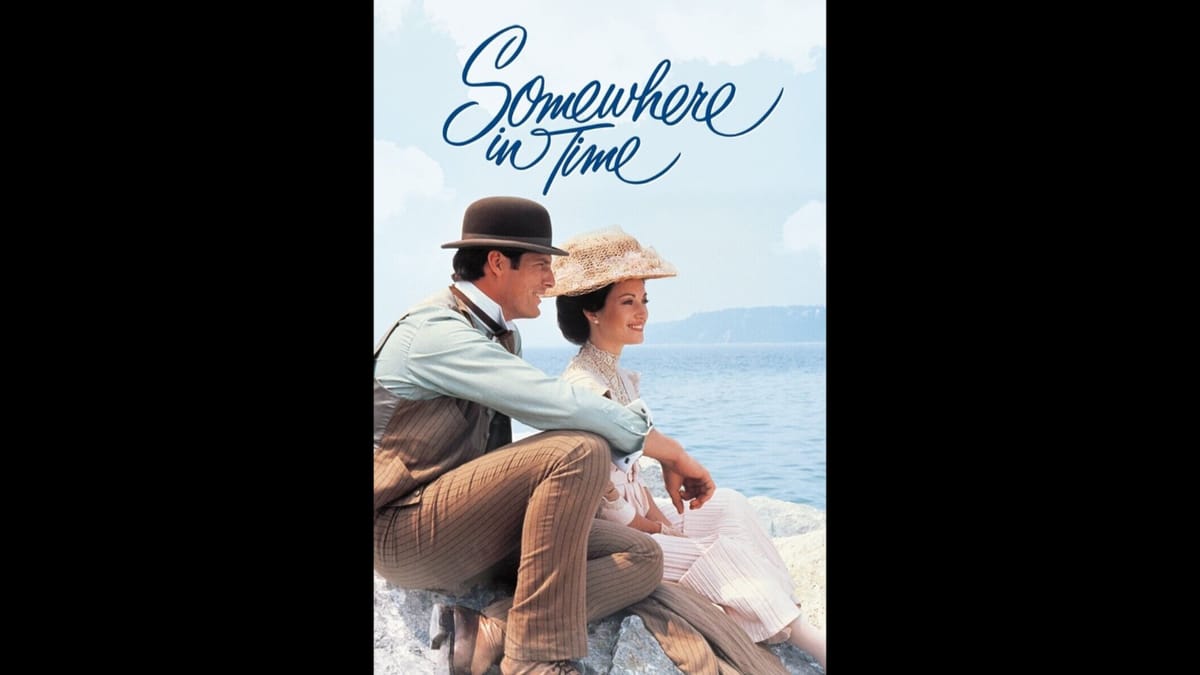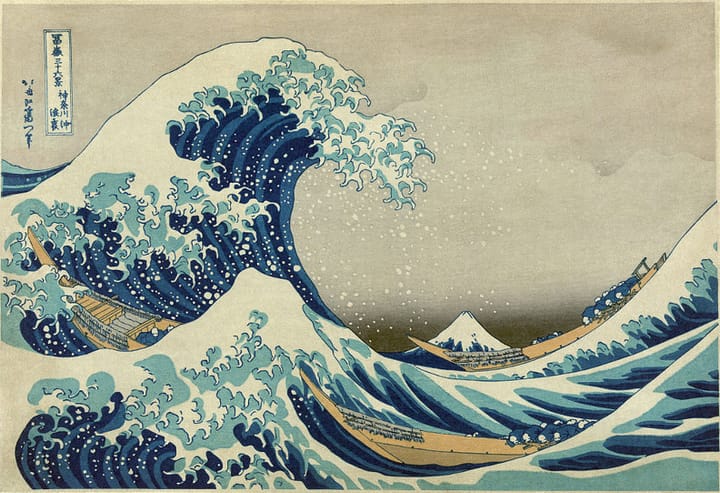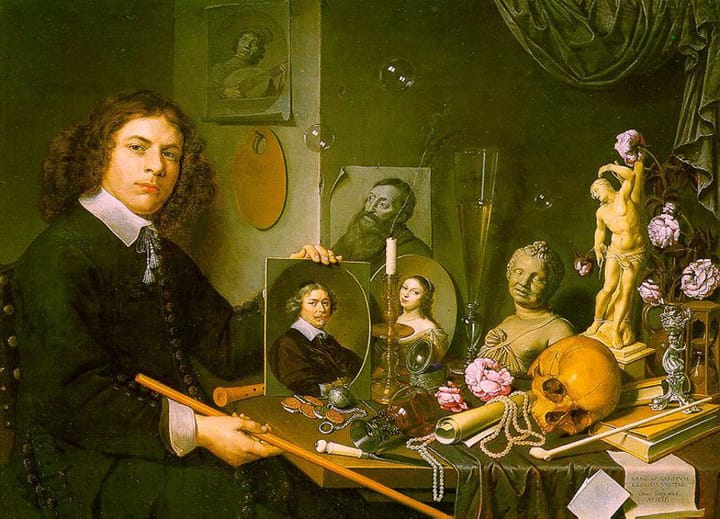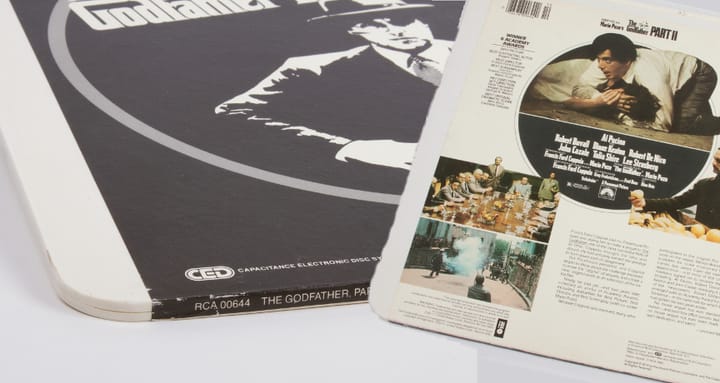Standing the test: “Somewhere In Time’s” romantic audacity.
This time travel romance from 1980 pushed the boundaries of genre as they existed when it was made, and caught the hearts of generations.

Not long ago I re-watched an old movie I remember very fondly from my youth, Jeannot Swarc’s romantic fantasy Somewhere In Time. I remember watching it one day in high school when I was home sick—this would have been in the late 1980s—but I’m sure I first saw it earlier than that, possibly on early cable. Unlike many films you love as a child and then see again in adulthood, Somewhere In Time holds up remarkably well. In fact it’s an excellent film that’s held its magic for 45 years. It’s also one that succeeds at a risky task that few mainstream works of fiction, whether written or filmed, have the guts to attempt: stretch the boundaries of genre, at least as they existed at the time it was made. Somewhere In Time is neither a romance nor a science fiction film, but has one foot planted firmly in each. As such it’s an interesting subject to analyze.
The film, made in 1980, stars Christopher Reeve in his first role after winning worldwide fame and popularity as Superman. Reeve plays Richard Collier, a Chicago playwright who’s in a slump and has just broken up with his girlfriend. Seeking distraction, he drives around and decides randomly to check into the Grand Hotel, a famous 19th century landmark on Mackinac Island in Michigan. There he becomes obsessed with a photograph of Elise McKenna (Jane Seymour), an actress who gave a performance at the hotel in 1912. Collier falls in love with her and decides to project himself 68 years back in time through sheer willpower so he can be with Elise. He succeeds, but is continually thwarted by Elise’s manager, Robinson (Christopher Plummer). As Elise begins to return his affection, Collier is wrenched away from her by returning to the present. There’s also a frame story involving a memento given to Collier by Elise as an old woman in the 1970s, but I won’t spoil that one for you, as it’s the “punchline” of the entire film.


